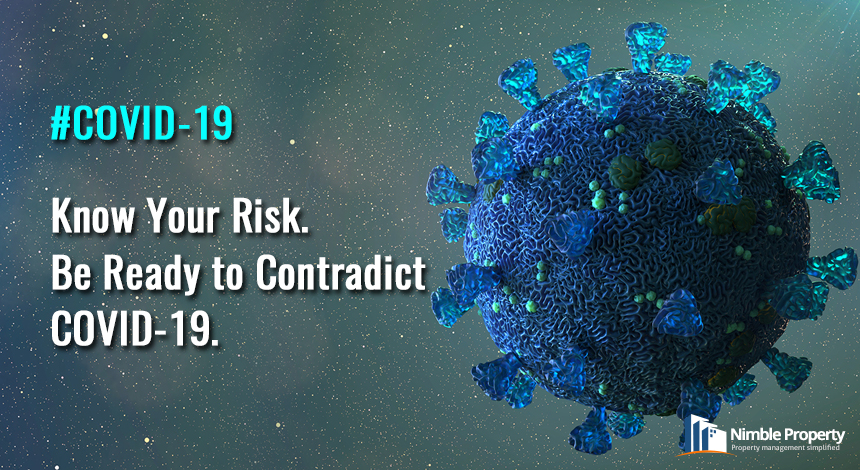According to the U.S. Centers for Disease Control and Prevention (CDC) (https://www.cdc.gov/), the information says that certain people are at higher risk of getting infected and becoming very sick from Coronavirus COVID-19.
According to the CDC, 8 out of 10 deaths in the country due to the novel coronavirus have been witnessed in the people aging 65 and older. There’s an estimation of 6% to 29% people of 85 age and older who get attacked with COVID-19 will have to go through intensive care.
So, based on the information on the table, older adults and people those who are at high-risk include:
- Having serious underlying medical conditions, such as heart, lung or liver disease; diabetes; renal failure; severe obesity and moderate to severe asthma.
- Having an immune system that’s weakened, also including those who’re undergoing the cancer treatment.
- People suffering with chronic kidney disease and undergoing the dialysis program are prone to Coronavirus COVID-19.
- Patients who are immunocompromised, including smoking, organ or bone marrow transplantation, poorly controlled HIV or AIDS, and even prolonged usage of corticosteroids.
People those who are at higher risk for COVID-19 serious illness, it is very crucial for them to take actions and avoid getting sick.
- Caring for your loved ones during this pandemic? Here are some quick tips!
- Staying home and avoiding any non-essential travel
- Practicing social distancing by keeping at least 6-feet
- Washing hands often for about 20-seconds minimum
- Avoiding to touch eyes, nose, mouth with unwashed hands
- Cleaning and disinfecting high-touch surfaces frequently
- Covering coughs and sneezes using tissues & disposing
If any COVID-19 symptoms persist, it’s very important to call nearest health care provider immediately. Even for any concerns or to enquiry about obtaining extra necessary medications one call a medical professional for assistance.
Emergency Warning Signs & Symptoms
According to the CDC, symptoms of COVID-19 include fever, breath shortness, bluish face or lips, pressure or persistent pain in the chest, inability to arouse, new panic and a cough. One must keep track of the symptoms, which may actually appear 2 to 14 days after the exposure.
However, this list is not all inclusive. One must consult medical provider or healthcare professional for any other suspicious symptoms that are concerning and sever.
For any medical emergency, one can reach 911 and notify the operator about having COVID-19 Symptoms. For more information, it’s even better to review the CDC guidance.

